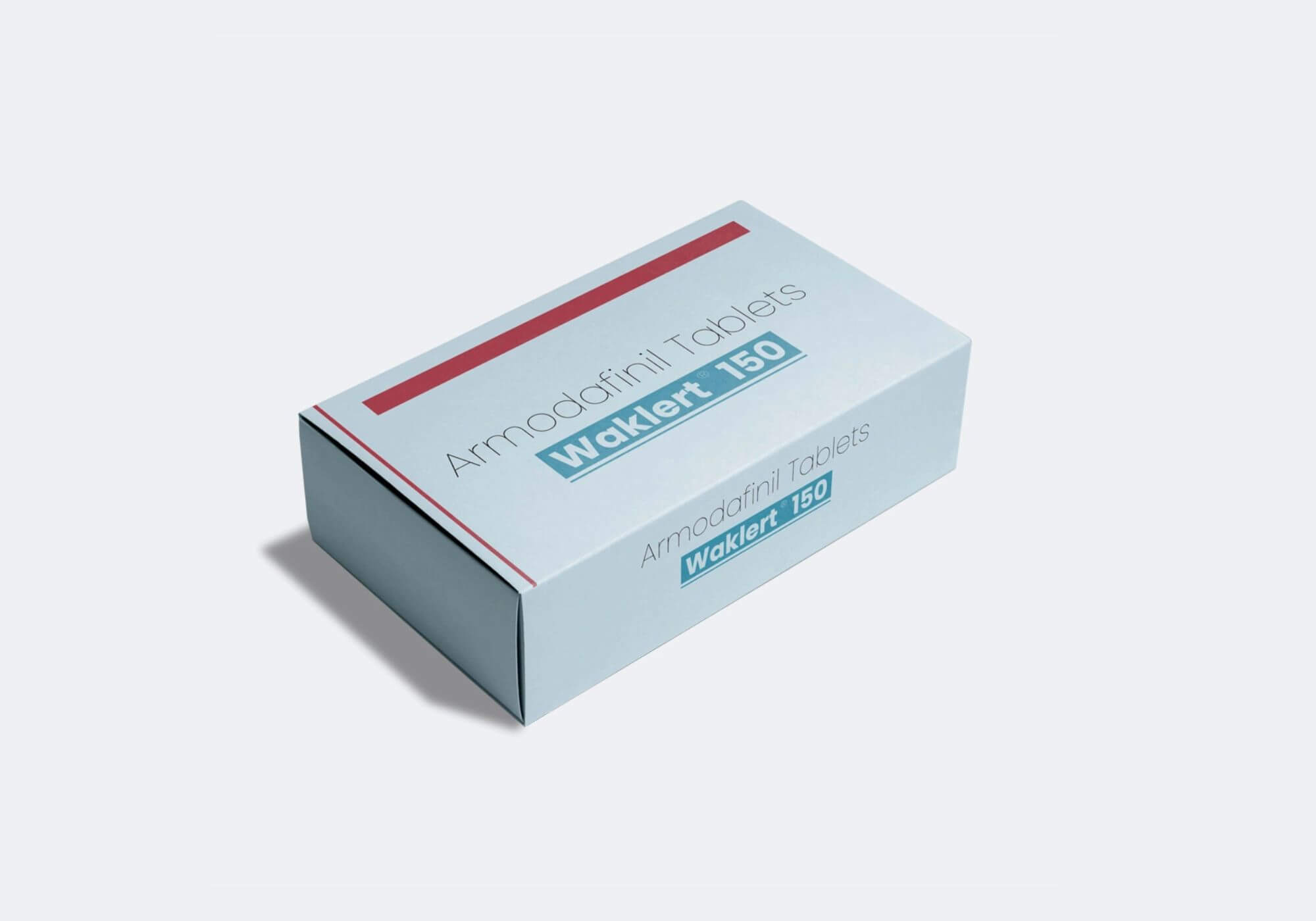PCOD Awareness: Everything You Need to Know About PCOD
Written By -
on March 6, 2025

One of the common hormonal condition is Polycystic Ovarian Disease (PCOD) concerning millions of women worldwide. Despite its prevalence, many women are unaware of its symptoms, causes, and long-term effects on overall health. PCOD can impact everything from menstrual cycles to fertility, skin health, mental well-being, and metabolism. This guide will cover everything you need to know about PCOD, including its causes, differences from PCOS, lifestyle management, and treatment options.
1. What is PCOD?
PCOD is a condition in which the ovaries produce an excessive number of immature or partially mature eggs, which later develop into small cysts. This disorder leads to hormonal imbalances, irregular menstrual cycles, and metabolic problems. It is a prevalent condition affecting women of reproductive age, often diagnosed during adolescence or early adulthood.
One of the major consequences of PCOD is an excess of androgens (male hormones) in the body, which can cause symptoms such as acne, excessive hair growth, and scalp hair thinning. PCOD is also associated with insulin resistance, leading to weight gain and an increased risk of developing type 2 diabetes.
Although PCOD can cause complications related to fertility and overall health, it is a manageable condition. Many women with PCOD lead healthy lives by following a balanced diet, exercising regularly, and receiving medical support when necessary. Seeking early diagnosis and adopting a proactive approach to health can significantly reduce the impact of PCOD on daily life.
2. PCOD vs. PCOS: What’s the Difference and Why It Matters?
Many people use the terms PCOD (Polycystic Ovarian Disease) and PCOS (Polycystic Ovary Syndrome) interchangeably, but they are not the same.
PCOD is a condition where the ovaries produce multiple immature or partially mature eggs, which eventually turn into cysts. This leads to hormonal imbalances, irregular periods, and other metabolic issues. PCOD is primarily an ovarian disorder and can often be managed through lifestyle changes.
PCOS, on the other hand, is a more severe metabolic and endocrine disorder that affects not only the ovaries but also insulin levels, androgens, and overall metabolism. PCOS is associated with a higher risk of long-term complications like diabetes, heart disease, and infertility. Understanding these differences helps in choosing the right treatment and management plan.
PCOD is more common than PCOS and has fewer severe complications. Women with PCOD may still ovulate periodically, whereas those with PCOS often experience chronic anovulation. Identifying and managing these conditions early can help prevent further health issues. Early detection through medical consultation and lifestyle modifications can make a significant difference in symptom control.
3. Symptoms and Diagnosis of PCOD
Recognizing PCOD symptoms early can help in timely intervention. Some common symptoms include:
- Irregular periods or missed cycles
- Unwanted facial and body hair (hirsutism)
- Acne and oily skin
- Thinning scalp hair or hair loss
- Weight gain and difficulty losing weight
- Mood swings, anxiety, or depression
Diagnosis of PCOD is typically based on a combination of symptoms, ultrasound imaging, and blood tests. Ultrasound scans reveal the presence of multiple cysts in the ovaries, while blood tests check for hormone levels, including androgens and insulin resistance.
If you experience multiple symptoms, it’s crucial to consult a gynecologist or an endocrinologist for an accurate diagnosis. Early detection and lifestyle modifications can help prevent long-term complications such as diabetes and cardiovascular diseases.
4. How to Naturally Manage PCOD: Diet, Exercise & Lifestyle Tips
While PCOD has no permanent cure, it can be effectively managed through healthy lifestyle changes.
- Exercise Regularly: Regular physical activity like brisk walking, yoga, or strength training helps regulate insulin levels and reduce androgen production.
- Balanced Diet: Consuming whole foods, fiber-rich meals, and cutting down on processed foods helps regulate blood sugar and improve hormonal balance.
- Stay Hydrated & Reduce Caffeine: Drinking plenty of water flushes out toxins, while cutting back on caffeine reduces stress hormones that can worsen PCOD symptoms.
Reducing stress levels is also crucial in managing PCOD. High stress increases cortisol levels, leading to hormonal imbalances and worsening symptoms. Engaging in meditation, breathing exercises, and hobbies can significantly improve mental well-being and overall health. Ensuring a proper sleep routine and avoiding excessive screen time before bedtime can also promote hormonal balance.
5. PCOD and Fertility: Can You Get Pregnant with PCOD?
Many women with PCOD struggle with fertility issues, but pregnancy is still possible with proper management.
PCOD can cause irregular ovulation or anovulation (lack of ovulation), making it difficult to conceive. However, lifestyle changes, weight management, and medical treatments like ovulation-inducing medications can improve the chances of pregnancy.
For women who have difficulty conceiving, treatments like Clomid, Letrozole, or IVF (In-Vitro Fertilization) may be recommended by doctors. Regular monitoring of hormonal levels and early intervention can help improve reproductive health.
It is essential to consult a fertility specialist if you have been trying to conceive for a year without success. With the right medical support and lifestyle modifications, many women with PCOD successfully achieve pregnancy and have healthy deliveries. Tracking ovulation cycles using ovulation kits and maintaining a healthy weight can further enhance fertility.
6. Medical Treatments for PCOD
Apart from lifestyle changes, medical intervention may be necessary to manage PCOD effectively. Common treatment options include:
- Birth Control Pills: Helps regulate periods and control acne by balancing hormone levels.
- Metformin: A medication for insulin resistance that improves metabolism and ovulation.
- Anti-Androgen Medications: Reduces excessive hair growth and acne caused by high androgen levels.
Hormonal therapy should always be taken under medical supervision to avoid complications. Regular follow-ups with a healthcare provider help ensure that medications are effective and side effects are minimal. In severe cases, surgical procedures like ovarian drilling may be recommended.
7. Best Foods to Eat & Avoid for PCOD Management
. Here are some food recommendations:
✅ Best Foods for PCOD:
- Whole grains (quinoa, oats, brown rice)
- Lean proteins (fish, chicken, tofu)
- Healthy fats (avocados, nuts, olive oil)
- High-fiber vegetables (broccoli, spinach, carrots)
❌ Foods to Avoid:
- Sugary drinks & refined carbs
- Processed snacks & junk food
- Dairy & soy products (can disrupt estrogen levels in some women)
- Excess red meat & trans fats
Following an anti-inflammatory diet can help regulate insulin levels and reduce PCOD symptoms. Additionally, incorporating probiotics and omega-3 fatty acids into your diet can further support hormonal balance and gut health. Avoiding excessive salt intake can help reduce bloating and water retention.
8. PCOD and Skin Problems: How to Treat Acne, Hair Loss & Hirsutism
PCOD often causes skin and hair-related issues like acne, hair thinning, and excessive hair growth on the face and body due to high androgen levels.
Using dermatologist-recommended skincare routines, avoiding harsh chemicals, and maintaining a healthy diet can help improve skin conditions. Medications like anti-androgens and hormonal therapy may also be prescribed for severe cases.
Hair thinning can be managed with biotin supplements, essential oils, and scalp treatments, while laser hair removal or electrolysis can help with unwanted hair growth.
9. Teenage PCOD: How to Identify Early Symptoms & Prevent Complications
PCOD can start in teenage years, often going undiagnosed due to irregular periods being common during puberty.
Early Symptoms of PCOD in Teenagers
Teenagers with PCOD may experience:
- Irregular periods – Infrequent or missed cycles for long time.
- Excessive hair growth – on the face, chest, or back due to increased androgens.
- Acne and oily skin – persistent acne that does not respond to regular treatments.
- Sudden gain in weight mostly around the abdomen and then difficult to lose weight.
- Thinning hair or hair loss – resembling male-pattern baldness.
- Dark patches on the skin – particularly around the neck, armpits, and inner thighs.
Preventing PCOD Complications
Managing PCOD early can reduce the risk of complications such as diabetes, infertility, and cardiovascular issues. Here’s how:
- Maintain a healthy diet – include fibre-rich foods, lean proteins, and healthy fats while limiting processed and sugary foods.
- Exercise regularly – at least 30 minutes of physical activity, such as walking, yoga, or strength training, can help regulate hormones.
- Manage stress – meditation and adequate sleep are essential for hormonal balance.
- Consult a doctor – if symptoms persist, seek medical advice for proper diagnosis and treatment.
10. Myths & Facts About PCOD: Busting Common Misconceptions
Polycystic Ovarian Disease (PCOD) is often misunderstood, leading to confusion and unnecessary panic. Let’s separate myths from facts to create better awareness.
Myth 1: PCOD Only Affects Overweight Women
✅ Fact: While weight gain is a common symptom, lean women can also have PCOD. It affects individuals of all body types.
Myth 2: PCOD Means You Can’t Get Pregnant
✅ Fact: PCOD can make conception challenging but doesn’t cause permanent infertility. With proper treatment and lifestyle changes, many women conceive naturally.
Myth 3: Irregular Periods Always Indicate PCOD
✅ Fact: While PCOD is a common cause, other factors like stress, poor diet, and thyroid issues can also lead to irregular periods. A proper diagnosis is essential.
Myth 4: PCOD is Rare in Teenagers
✅ Fact: PCOD often starts in adolescence. Early detection and management can prevent future complications.
Myth 5: Birth Control Pills Cure PCOD
✅ Fact: Birth control pills help manage symptoms but do not cure PCOD. Lifestyle changes play a vital role in long-term management.
Myth 6: PCOD Always Causes Excessive Hair Growth
✅ Fact: Not all women with PCOD experience hirsutism. Symptoms vary based on individual hormone levels.
Myth 7: Diet Doesn’t Affect PCOD
✅ Fact: A balanced diet significantly impacts PCOD management by regulating insulin levels and reducing inflammation.
By debunking these myths, we can promote better understanding and encourage effective PCOD management.
10. How Stress and Sleep Impact PCOD: The Hidden Connection
Polycystic Ovarian Disease (PCOD) is closely linked to hormonal imbalances, and lifestyle factors like stress and sleep play a crucial role in its management. Chronic stress and poor sleep quality can significantly worsen PCOD symptoms by disrupting hormone levels.
The Role of Stress in PCOD
When the body is under constant stress, it releases high levels of cortisol, the stress hormone. Elevated cortisol can:
- Increase insulin resistance, leading to weight gain and difficulty managing blood sugar.
- Trigger hormonal imbalances, worsening symptoms like irregular periods, acne, and hair loss.
- Promote inflammation, which can further disrupt ovarian function.
Managing stress through mindfulness techniques, yoga, and relaxation exercises can help balance hormones and improve overall well-being.
The Impact of Sleep on PCOD
Sleep deprivation can be just as harmful as stress. Poor sleep:
- Increases cortisol levels, leading to further hormonal disruption.
- Lowers melatonin production, which affects ovulation and menstrual cycles.
- Worsens insulin resistance, making weight management and PCOD symptoms harder to control.
A consistent sleep schedule, avoiding screens before bed, and relaxation techniques can improve sleep quality and support hormone balance.
By reducing stress and prioritizing good sleep, women with PCOD can manage symptoms more effectively and improve their overall health.
Final Thoughts
PCOD is a complex condition, but with the right knowledge and lifestyle choices, you can manage its symptoms effectively. If you suspect you have PCOD, consult a healthcare provider for early diagnosis and a tailored treatment plan. Prioritizing your health today can lead to a happier and healthier future!
More Blogs













